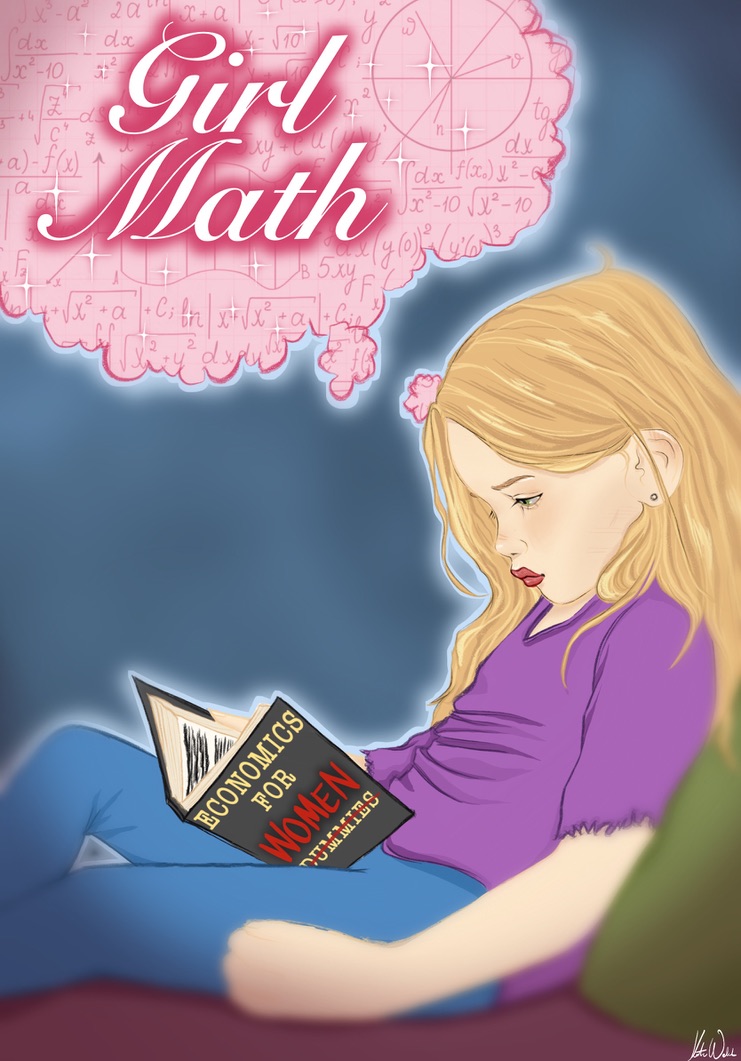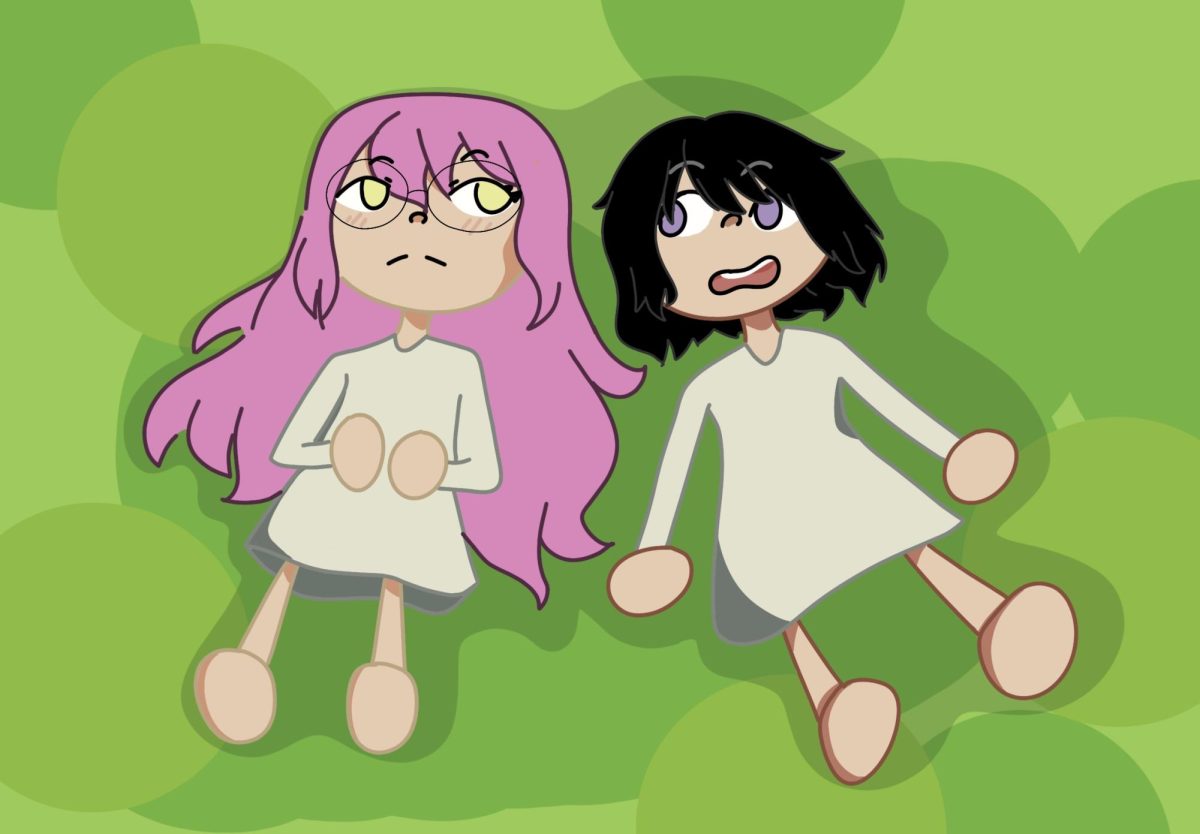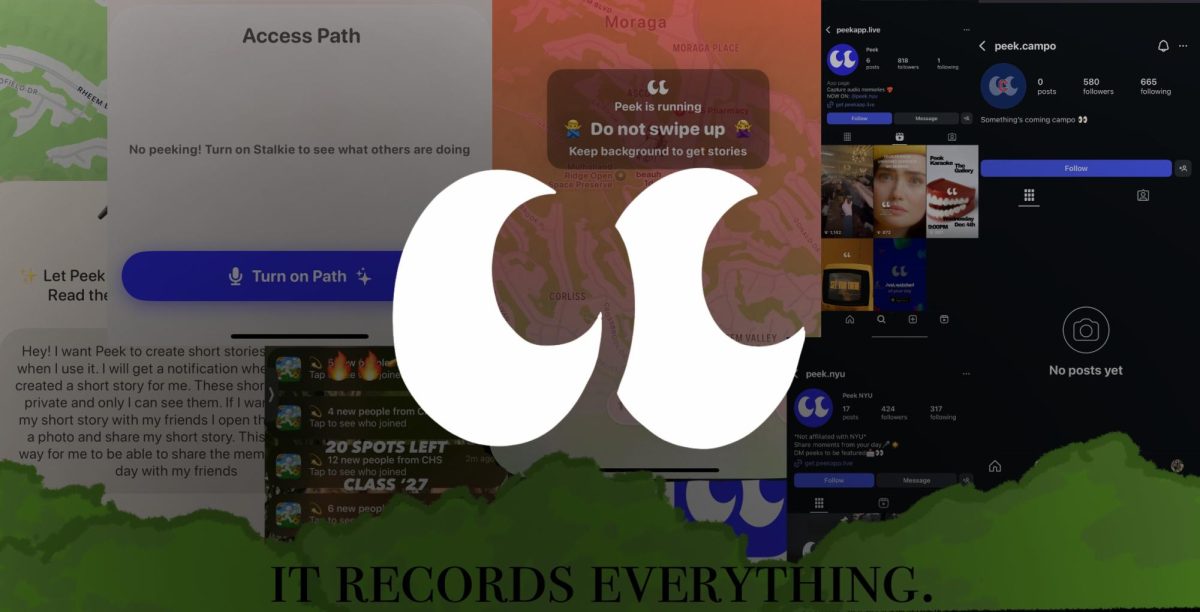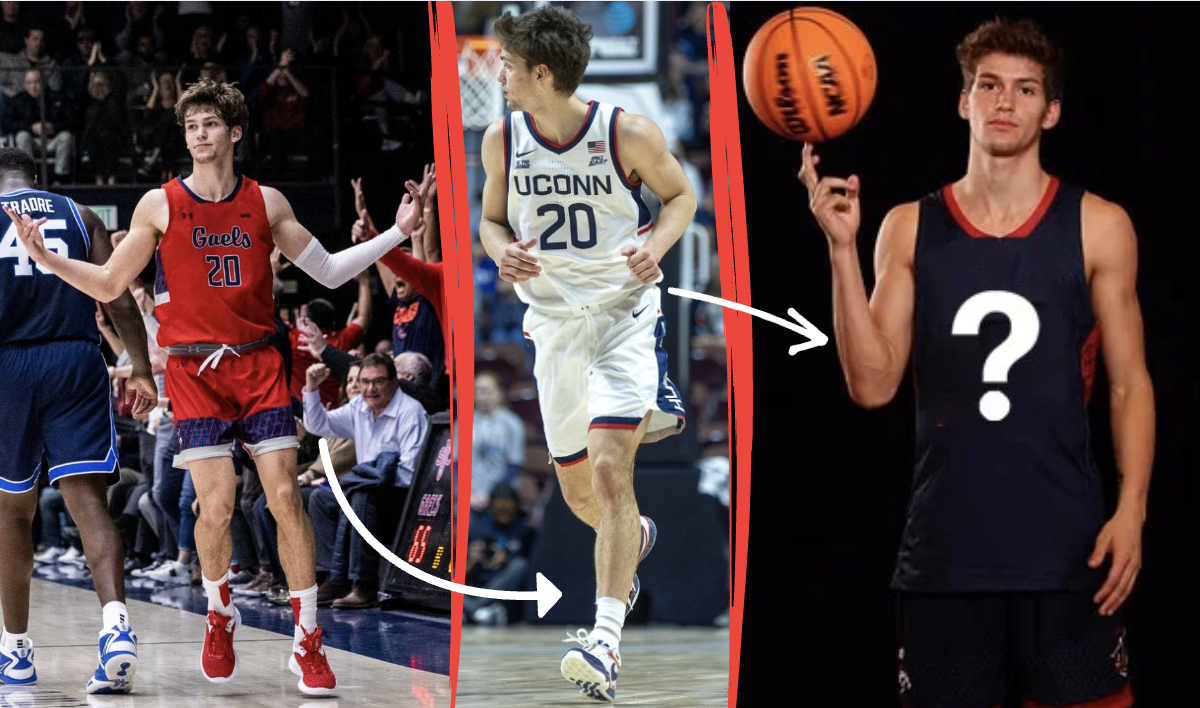This past year, I spent more time scrolling through the disorienting realm that is TikTok than I’d care to admit. The entire app is built on trends, and I was encountering them at an extraordinary rate. Subconsciously, aspects of my personality began to revolve around internet culture, but I wasn’t giving much thought to the content I was consuming. My algorithm had been overtaken by the latest liberal feminist uprising: bimbocore.
If you’ve been living under a rock, you might not be familiar with the suffix -core as a frequent modifier to describe a type of lifestyle or aesthetic. Specifically, bimbocore celebrates hyper-femininity and all things we consider a part of the traditional female stereotype. It glamorizes the candy-pink, velveteen lifestyle that girly teenagers much like myself adore. I loved Greta Gerwig’s Barbie just as much as the next person, and I also found it incredibly exciting to bond with other women and girls over the difficulties of growing up in a complicated adult world.
There’s also definitely some merit in seemingly reclaiming a derogatory term like bimbo. For years, it was used solely to associate stupidity with femininity. It humiliated women who were assumed to have a lesser (or frankly nonexistent) capacity for knowledge. And unfortunately, that is what I believe the 21st century bimbo feminism has remained: largely anti-intellectual.
Though TikTok’s current bimbo community deems themselves ditzy but in a more endearing way, their rhetoric is still teaching women that undermining their own intelligence is somehow empowering. Creators go viral for explaining everything from Wall Street to geopolitical phenomena in terminology that is “for the girls.” Essentially, these videos are just incredibly watered-down explanations of real-world issues that reinforce the patriarchal idea that women are inherently incapable of learning to the same extent and through the same mediums as men.
Not to mention, something as complex and important as historical conflict in the Middle East doesn’t deserve to be condensed into a brief, 45-second TikTok using an allegory to Mean Girls. It is actual; it is real. Thus, it should be treated as such, and women shouldn’t be discouraged from understanding its tragic entirety. It is infantilizing, and considering the mass amount of impressionable young girls on the app, worries me.
Now, I know this repurposed movement is often well-meaning, but I can’t help but hear Jo March’s monologue ringing in my ears when I come across a dumbed-down video of an exceedingly important educational topic. Content creators profiting off videos that equate “for girls” with “for dummies” puts a bad taste in my mouth, and we need to be critical of what they’re truly reinforcing.
Like many trends, it had humble beginnings, and admittedly I overlooked much of the irony and hypocrisy. I also found many offshoot trends like “girl dinner” to be undeniably funny and relatable until I saw young women competing and celebrating those who ate the least. I shouldn’t have to say this, but unbalanced eating habits aren’t quirky, and they definitely shouldn’t be dismissed as normal “girl” behavior. I, for one, love saying “I’m just a girl” to excuse my own silly mistakes and inconveniences, but using it to normalize signs of eating disorders is a larger, much more dangerous issue.
In reality, I want to be treated as more than “just a girl,” and we need the leaders of bimbo feminism to reexamine the depth of the ideology they are perpetuating under the guise of female empowerment. It doesn’t help that the endless, mind-numbing activity that is scrolling on TikTok doesn’t encourage viewers to take a closer look at seemingly harmless trends.
That being said, this current wave is setting us back. Young women absolutely have the power to master difficult material in a way that isn’t dumbed-down nor patronizing. If you take away anything from Legally Blonde, let it be that we can be girly while prioritizing our pursuit of knowledge and intellectual fulfillment. And luckily for us, helpful resources do exist, but I don’t think you’ll find them in the bimbo niche of “feminist” TikTok.
Perhaps in a book.









